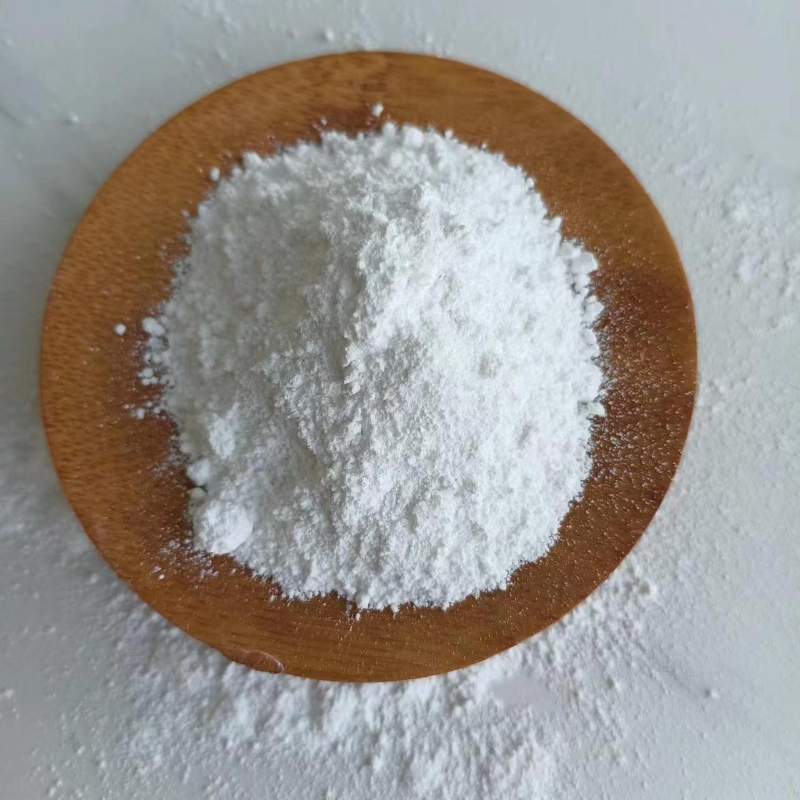-
Categories
-
Pharmaceutical Intermediates
-
Active Pharmaceutical Ingredients
-
Food Additives
- Industrial Coatings
- Agrochemicals
- Dyes and Pigments
- Surfactant
- Flavors and Fragrances
- Chemical Reagents
- Catalyst and Auxiliary
- Natural Products
- Inorganic Chemistry
-
Organic Chemistry
-
Biochemical Engineering
- Analytical Chemistry
- Cosmetic Ingredient
-
Pharmaceutical Intermediates
Promotion
ECHEMI Mall
Wholesale
Weekly Price
Exhibition
News
-
Trade Service
Obesity is the beginning of the development of a variety of diseases, and with the increase in the proportion of obesity and related metabolic disorders worldwide, the problem of cognitive decline has become more serious.
study found that obese subjects experienced memory loss and a negative correlation between body mass index (BMI) and memory characteristics in adults.
because obesity causes changes in the gut bacteria, learning and memory functions are associated with specific microorganisms and metabolites, leading to speculation that there may be a link between the three.
Recently, researchers from the University of Khrona and the University of Pompe fabra in Spain, among others, published a study in Cell Metabolism entitled "Obesity Short-Term and Working Memorythough Gut Microbial Metabolism of Aromatic Amino Acids", which found that obesity can lead to short-term and working memory loss by affecting the composition of gut microbes and the metabolism of some aromatic amino acids (AAAs).
researchers recruited 116 middle-age subjects (65 of whom were obese and 51 were not obese), used speech learning to test their cognitive abilities such as instant memory, short delayed recall, working memory, and memory breadth, and correlated with the subjects' gut microbiome, and used MRI to assess the volume of different brain regions involved in the subjects' speech and working memory.
results showed that different members of the gut bacterium were associated with cognitive ability and specific brain region volume, such as the Cystic genus cysts of thick-walled bacteria, and the volume of the left seahorse associated with speech and learning memory were positively related, while the motum The fragile Bacillus bacteria, fecal pyrethroids and Bacillus deformation difficile genus Bacillus spores, gas-producing Kreber bacteria, etc. were negatively related to memory capacity and the volume of the left seahorse body and the volume of the lower right eye socket associated with working memory.
In addition to microbial composition, some compounds produced by bacteria associated with aromatic amino acid (AAA) metabolism and carbon metabolism, such as nucleoflatin, folic acid, vitamin B12, etc., are also associated with memory.
After the intestinal bacterium was associated with brain structure, the researchers studied whether there was a correlation between plasma and fecal metabolites and memory functions based on metabolites in the metabolites and found that AAA (tryptophan, tyrosine and phenylalanine) in plasma and feces and its breakdown metabolites, as well as beetroit levels, were associated with memory capacity.
obesity can affect the correlation between gut microbes, such as AAA, by affecting their metabolism, resulting in impaired memory function.
Memory-related plasma and fecal metabolic group analysis To further confirm the effects of the microbiome of obese people on memory damage, the researchers transplanted 22 subjects(including 11 obese and low-memory and 11 non-obese and high-memory) gut microbes into mice, using a V-type maze test The mice's memory ability was found to show a decrease in short-term memory function in the recipient mice transplanted from the obese population compared to the control, while the metabolism of aromatic amino acids (AAA) and folic acid, as well as the expression of inflammatory genes associated with gut bacteria in the pre-frontal cortical cortical layer (PFC), were detected.
In short, the microbiome and memory capacity of mice transplanted with human faeces identified a number of memory-related microbiomes and metabolites, and found that obesity affects memory function by affecting the metabolism of gut microorganisms and amino acids.
in order to remember the same difference, it's time to start losing weight!







